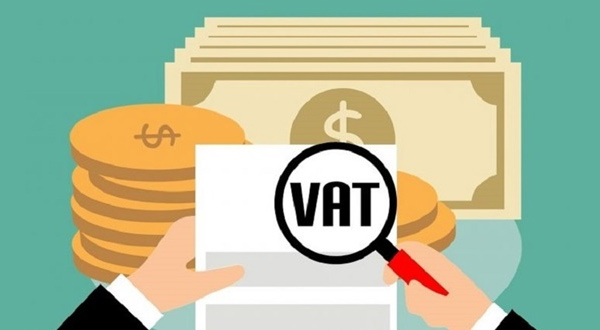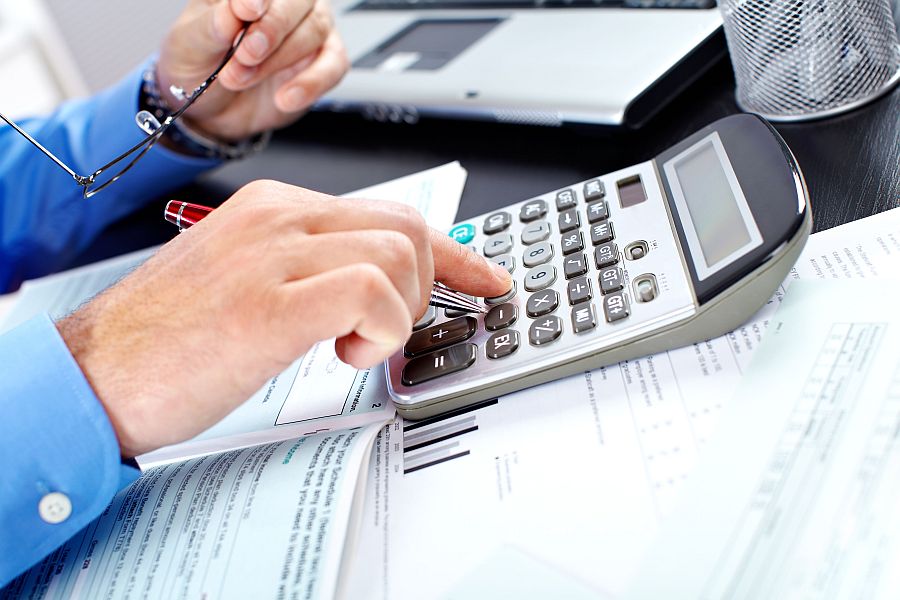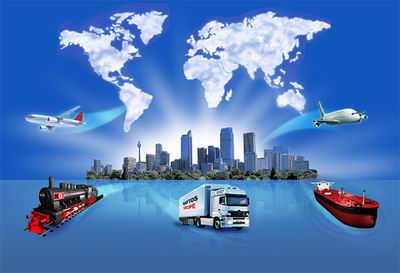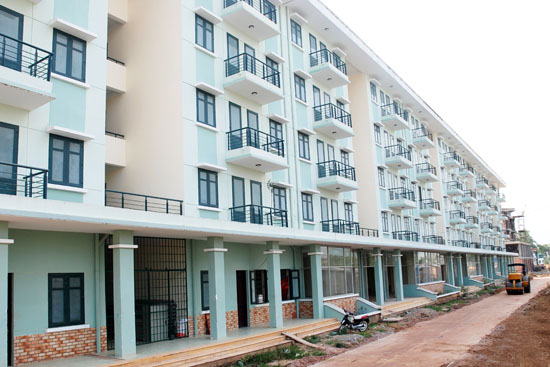When it comes to taxes, there are usually two types of taxes that go together: direct tax and indirect tax. So what is indirect tax? What are the common types of indirect tax? – Kieu Oanh (Long An, Vietnam).

What is indirect tax? Some of the common indirect taxes in Vietnam (Internet image)
What is indirect tax?
It can be understood that indirect tax is a tax in which the one who pay the tax is not the taxpayer.
The clearest example is VAT, whereby the taxpayer is the person who sells goods, provides services, and is the importer, and the person who is subject to tax is the person who buys goods and uses services.
The tax amount is included in the selling price of goods and services.
According to the assessment, indirect tax has the characteristics of limiting the tax response from the taxpayer but does not create equality in regulating the income of objects with different incomes.
This is in contrast to direct taxes such as personal income tax, corporate income tax.
Current types of indirect taxes in Vietnam
Regulations on Excise tax in Vietnam
Currently, excise tax is mainly levied on a number of luxury goods and services in order to regulate production, import and social consumption.
According to Clause 1, Article 2 of the Law on Excise Tax 2008 (amended in 2014), goods subject to excise tax include:
- Cigarettes, cigars and other tobacco preparations used for smoking, inhaling, chewing, sniffing or keeping in mouth;
- Liquor;
- Beer;
- Under-24 seat cars, including cars for both passenger and cargo transportation with two or more rows of seats and fixed partitions between passenger holds and cargo holds;
- Two- and three-wheeled motorcycles of a cylinder capacity of over 125 cm3;
- Aircraft and yachts;
- Gasoline;
- Air-conditioners of 90,000 BTU or less;
- Playing cards;
- Votive gilt papers and votive objects.
Besides, services subject to special consumption tax such as:
- Dance halls:
- Massage parlors and karaoke bars;
- Casinos; prize-winning video games, including jackpot and slot games and games on similar machines;
- Betting;
- Golf business, including the sale of membership cards and golf playing tickets;
- Lottery business.
Regulations on Value-Added Tax - VAT in Vietnam
According to Article 2 of the Law on Value-Added Tax 2008, value-added tax is a tax imposed on the added value of goods or services arising in the process from production, circulation to consumption..
Goods and services used for production, business and consumption in Vietnam are subject to value-added tax, except for those specified in Article 5 of the Law on Value-Added Tax 2008.
(Some objects are not subject to value added tax such as:
- Products which are animal breeds and plant varieties, including breeding eggs, breeding animals, seedlings, seeds, sperms, embryos and genetic materials.
- Irrigation and drainage; soil ploughing and harrowing; dredging of intra-field canals and ditches for agricultural production; services of harvesting farm produce.
- State-owned residential houses sold by the State to current tenants.
- Transfer of land use rights;…)
Regulations on Environmental Protection tax in Vietnam
According to Clause 1, Article 2 of the Law on Environmental Protection Tax 2010, environmental protection tax means indirect-collected tax, collected on products and goods (hereafter referred to as goods) when used to cause negative environmental impacts.
Objects subject to environmental protection tax include:
- Gasoline, oil, grease, including:
+ Gasoline, except ethanol;
+ Aircraft fuel;
+ Diesel oil;
+ Petroleum;
+ Fuel oil;
+ Lubricants;
+ Grease.
- Coal, including:
+ Lignite;
+ Anthracite Coal (anthracite);
+ Fat coal;
+ Other coal.
- Hydrogen-chlorofluorocarbon liquid (HCFC).
- Taxable-plastic bag.
- Herbicide which is restricted from use.
-. Pesticide which is restricted from use.
- Forest product preservative which is restricted from use.
- Warehouse disinfectant which is restricted from use.
- When it is necessary to supplement other taxable objects as per period, the National Assembly Standing Committee shall consider and regulate.
Regulations on Natural resources consumption tax in Vietnam
Natural resources consumption tax is an indirect tax, which is the amount of money that organizations and individuals must pay to the State when exploiting natural resources if they are taxable.
Chau Thanh
- Key word:
- indirect taxes in Vietnam
 Article table of contents
Article table of contents





.Medium.png)
.Medium.png)
.Medium.png)
.Medium.png)
